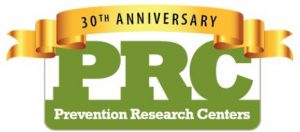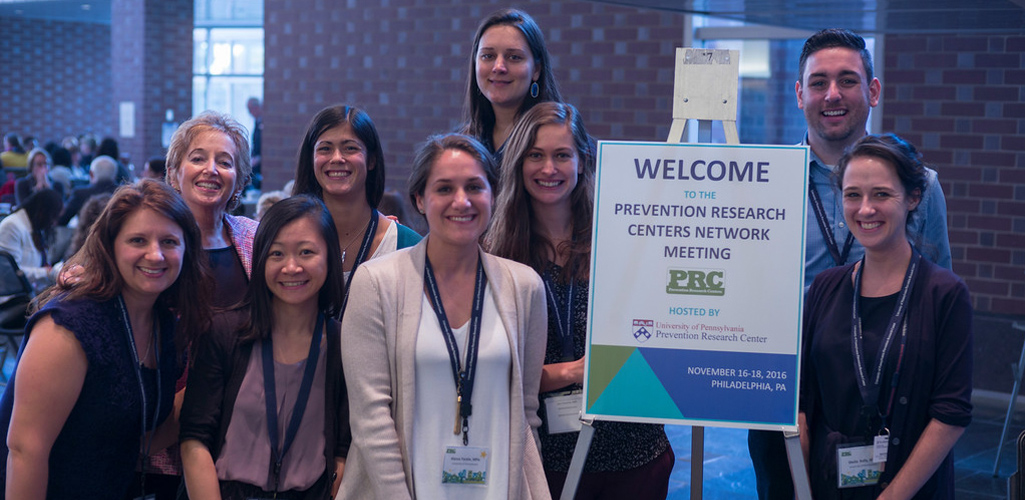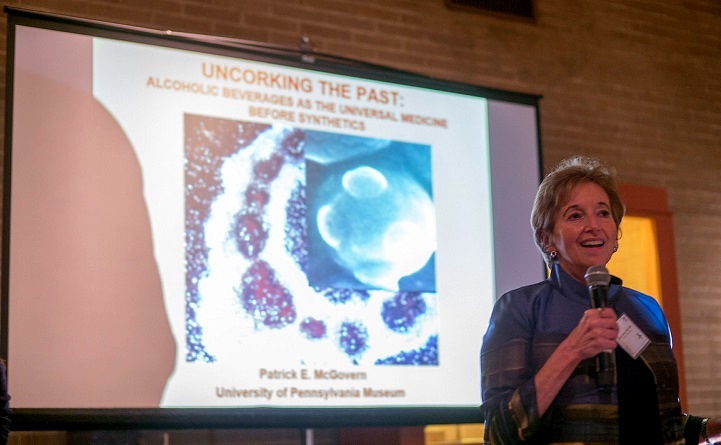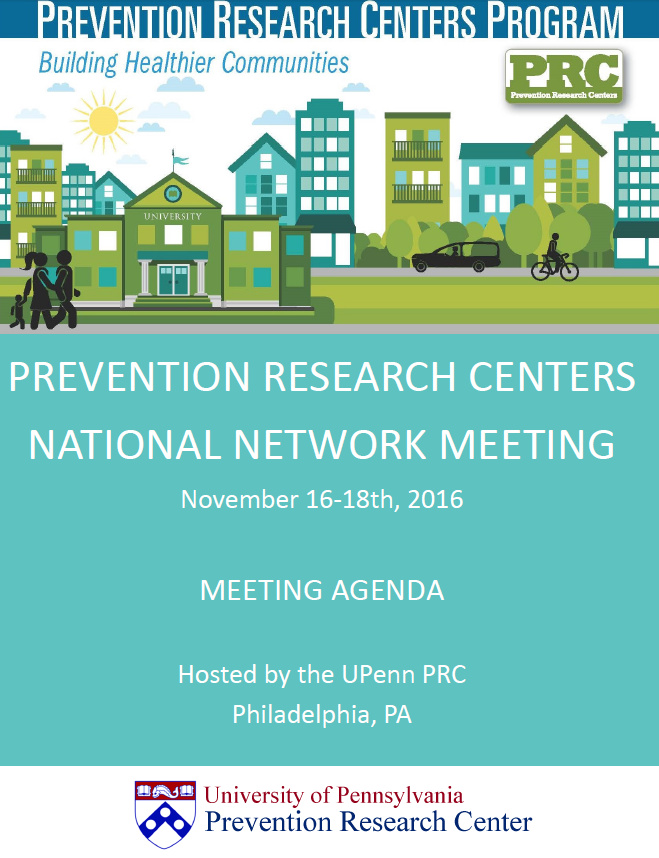A Systematic Review of Nutrition Policies in Schools


The CDC is pleased to announce the launch of CORIDOR, the National Center for Chronic Disease Prevention and Health Promotion’s (NCCDPHP) Collection of Online Resources & Inventory Database. CORIDOR is an organized and readily accessible source for public health practitioners to use in planning, implementation, and evaluation of state and national chronic disease prevention and health promotion initiatives. The resources included are primarily practice-based and represent science and practice promoted by CDC and CDC funded partners to address chronic disease conditions and risk factors. Tools include model policies and programs, guides, toolkits, and other resources for a variety of audiences with a range of skills.
 The American Journal of Preventative Medicine March 2017 Supplement focuses on the 30th anniversary of the founding of the Prevention Research Centers (PRC) Network and how applied prevention research addresses health disparities and promotes health equity. With a commitment to promoting health for all, the PRC Network has made great strides in developing, testing, and disseminating programs and policies that have had broad and sustained impact. The PRC Program supports research that identifies unique public health solutions for those who are experiencing health disparities.
The American Journal of Preventative Medicine March 2017 Supplement focuses on the 30th anniversary of the founding of the Prevention Research Centers (PRC) Network and how applied prevention research addresses health disparities and promotes health equity. With a commitment to promoting health for all, the PRC Network has made great strides in developing, testing, and disseminating programs and policies that have had broad and sustained impact. The PRC Program supports research that identifies unique public health solutions for those who are experiencing health disparities.
PRCs conduct community engaged research that supports the mission of the PRC Program by:
1. serving as the hub for conducting high-impact and innovative applied public health prevention research
2. conducting Centers for Disease Control and Prevention (CDC)-supported PRC research focusing on ways to maximize public health resources and reduce healthcare costs, with an emphasis on the leading causes of disease and disability
3. serving as a leader in the field of prevention research for conducting, disseminating, and implementing quality research
4. investing in PRCs and thus supporting their infrastructure and core resources, strengthening centers’ ability to leverage outside resources and expand their reach and impact
5. engaging local communities and serving a resource for public health partners
6. capitalizing on the collaboration and partnership with health departments and other public health partners to translate promising research findings into practical, cost-effective prevention programs relevant to the needs of the communities
7. collaborating with many partners to train and prepare the public health workforce to assess and evaluate existing health programs or policies.
 The supplement includes 21 peer-reviewed original research articles from PRC academic and community partners. These articles are varied and show the depth and scope of their work. The articles cover topics such as dissemination and implementation of long-standing evidence-based programs, research to practice in state and local public health settings, collaboration with community partners, use of community health workers or promotoras, and training of the public health workforce. One of the main pillars of the PRC Program is that it promotes the translation of evidence-based interventions or disseminating/implementing such programs among varied populations. For example, this issue contains papers on the health of African Americans, Hispanics/Latinos, Native Americans, deaf populations, adolescents, older adults, and rural under-resourced populations. Other articles deal with measuring the impact of a national media intervention implemented across the PRC Network, evaluating healthy food incentive programs, assessing fall risk prevention programs, and promoting teen contraceptive through parental intervention. In addition, four of the papers cover topics associated with the PRC Thematic Research Networks, including managing epilepsy, cancer prevention and control, healthy aging, and physical activity policy research.
The supplement includes 21 peer-reviewed original research articles from PRC academic and community partners. These articles are varied and show the depth and scope of their work. The articles cover topics such as dissemination and implementation of long-standing evidence-based programs, research to practice in state and local public health settings, collaboration with community partners, use of community health workers or promotoras, and training of the public health workforce. One of the main pillars of the PRC Program is that it promotes the translation of evidence-based interventions or disseminating/implementing such programs among varied populations. For example, this issue contains papers on the health of African Americans, Hispanics/Latinos, Native Americans, deaf populations, adolescents, older adults, and rural under-resourced populations. Other articles deal with measuring the impact of a national media intervention implemented across the PRC Network, evaluating healthy food incentive programs, assessing fall risk prevention programs, and promoting teen contraceptive through parental intervention. In addition, four of the papers cover topics associated with the PRC Thematic Research Networks, including managing epilepsy, cancer prevention and control, healthy aging, and physical activity policy research.

From November 16 – 18, 2016, the UPenn PRC hosted the Annual Meeting of the Prevention Research Centers in the CDC PRC program.The meeting also marked a milestone anniversary for the PRC program at the Centers for Disease Control and Prevention, celebrating 30 Years of Creating Healthier Communities.
Coming from 24 states across the US, PRC researchers and staff gathered on the Penn campus to focus on identifying new ways to enhance collaboration across the PRC network and to increase the impact of the innovative, applied prevention research conducted by the PRCs.
The meeting kicked-off in the Lower Egyptian Gallery of the Penn Museum of Archeaology with a lecture by Patrick McGovern, the Scientific Director of the museum’s Biomolecular Archaeology Project for Cuisine, Fermented Beverages, and Health.
On Thursday and Friday, participants met in working groups, committee meetings and CDC program sessions to share their work and focus on strengthening collaboration across the PRC network. Thanks to everyone who made this an outstanding event!

